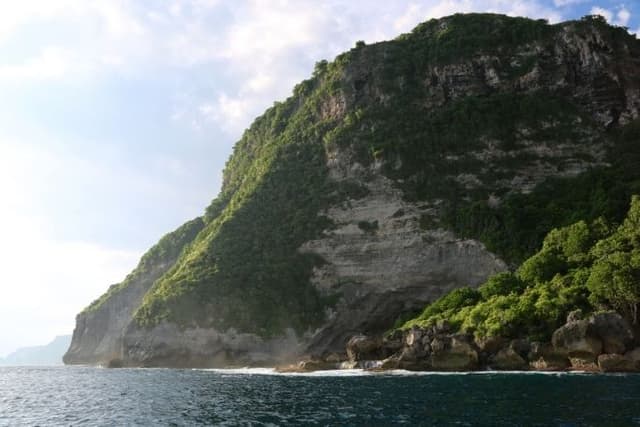
Blue - The Role of the Ocean in the Water Cycle
Lesson4 of 7 in this unit
SecondaryYear 7 - 8ScienceEnvironmentalConservationOceansWater
Summary
Lesson Guides and Printables
Lesson Plan

Student Worksheet

Teacher Content Info


Lesson Plan

Student Worksheet

Teacher Content Info
